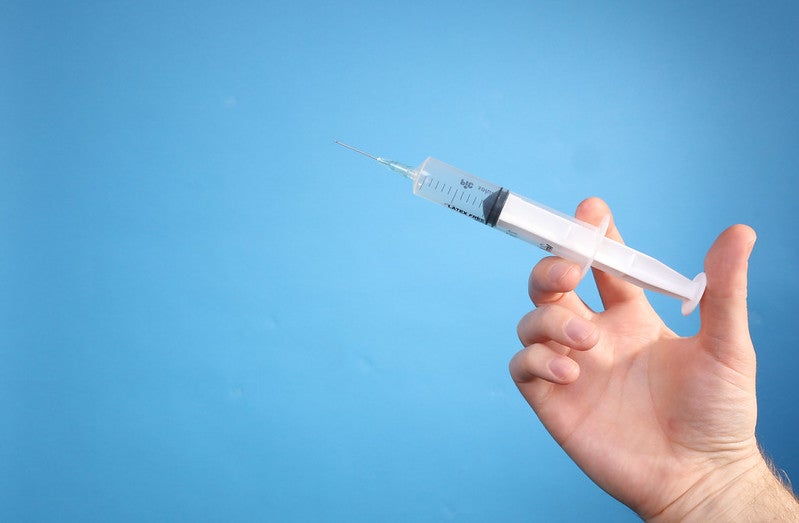
The Russian Direct Investment Fund (RDIF) and the Gamaleya National Research Center of Epidemiology and Microbiology have reported positive early results from the Phase I/II clinical trials of the country’s registered Covid-19 vaccine, Sputnik V.
These findings were published in The Lancet journal, where the vaccine candidate was said to be safe and effective.

Discover B2B Marketing That Performs
Combine business intelligence and editorial excellence to reach engaged professionals across 36 leading media platforms.
According to the results, no serious adverse events (SAE, Grade 3) were reported in the Phase I/II trials. The vaccine also elicited a stable humoral and cellular immune response in all participants.
The RDIF said that the level of virus-neutralising antibodies with the vaccine was 1.4 to 1.5 times higher compared to those in patients who had recovered from Covid-19.
T-cell immunity with CD4+ and CD8+ special cells was observed in all participants vaccinated with Sputnik V. These special cells identify and disrupt the cells infected by the virus.
The vaccine is administered using two different vectors based on human adenovirus serotypes Ad5 and Ad26.

US Tariffs are shifting - will you react or anticipate?
Don’t let policy changes catch you off guard. Stay proactive with real-time data and expert analysis.
By GlobalDataRussian Direct Investment Fund CEO Kirill Dmitriev said: “The publication in The Lancet, one of the most reputable medical journals in the world, confirms the high safety and efficacy of the Russian vaccine Sputnik V and demonstrates the recognition of Russian scientists by the global scientific community.
“During a pandemic, it is especially important to use a vaccine platform with proven safety, as Sputnik V does, so as not to leave the world without an effective protection from coronavirus, but also not to risk people’s lives using untested experimental technologies.”
In preclinical studies involving primates, Syrian hamsters and transgenic mice, the vaccine demonstrated a 100% protective efficacy.
First results from the ongoing post-registration trials, which enroled 40,000 participants, are expected to be published in October or November.





